MARCH 31, 2024 | DAVID BROWN
New Brunswick says it is unable to enforce its provincial cannabis laws on First Nations land, while other provinces take a different stance.
The new comments come following proposed changes to the province’s Cannabis Act and stand in contrast to statements and actions taken by other provincial governments.
The province’s Public Safety Minister, Kris Austin, reportedly told media recently that there is nothing the province can do to enforce its provincial cannabis rules on businesses operating on First Nations reserves. She instead argues the issue is up to the federal government to enforce.
You can’t seize property on First Nations reserves … unless you’re talking about a property that would be involved in violent crime.”KRIS AUSTIN, PUBLIC SAFETY MINISTER, NB
The comments from Austin came following the introduction of new legislation in New Brunswick meant to give officers from the Department of Justice and Public Safety (JPS) more power to deter illicit stores in the province.
The provincial government recently introduced Bill 29, which will, if passed, create amendments to its Cannabis Control Act with the goal of increasing compliance with provincial rules, reducing the sale of illegal cannabis, and preventing young people from consuming the drug.
As reported by the Telegraph-Journal, Austin said: “you can’t seize property on First Nations reserves … unless you’re talking about a property that would be involved in violent crime.”
“Our understanding is when it comes to cannabis … that we’re not able to do that.”
The Telegraph-Journal went on to report that Austin made similar statements about jurisdiction in 2023, passing the buck to the federal government.
“(First Nations cannabis stores in New Brunswick are) an issue, no question. Very frustrating,” later adding that “we can only work within provincial legislation” and “it’s up to our federal counterparts to do their part.”
Indigenous and Northern Affairs Canada redirected media inquiries back to the provincial RCMP, which issued a statement saying the issue is “complex.”
This fiscal year, peace officers in New Brunswick say they have investigated and shut down 23 illegal cannabis dispensaries across the province. Some of those have involved individuals from First Nations communities, like a raid last August of the L’Nuk Lounge in Moncton. That business is operating again as of press time, and its social media shows it has been operating for some time.
At the time, New Brunswick authorities said a 33-year-old Eel River Bar First Nation man could face charges, and the investigation is ongoing.
Law enforcement in New Brunswick has raided several unlicensed cannabis stores in recent months, with two arrested in two raids in March, and two more arrested and product seized from an unlicensed dispensary in Saint John in January.
A court recently issued a $20,000 fine following a raid in 2022, while charges against two men connected to the company have been withdrawn.
There are 25 Cannabis NB stores in the province, plus a handful of licensed, privately-run cannabis stores.
This didn’t stop the RCMP from reportedly raiding a dispensary called the Medicine Cabinet on the Eel River Bar reserve in New Brunswick on March 26th, 2021. According to Dispensing Freedom, the RCMP left with more than $60,000 worth of cannabis products, four rifles and shotguns used by the family to hunt, Interac machines, cash, and a cash box. Police held the brothers, their father and a worker at the shop for over 10 hours before being released. Charges on the father and son were later dropped.
This raid, however, was reportedly authorized by Sacha Labillois-Kennedy, a Chief of the Eel River Bar First Nation.
Several First Nations communities and business owners across Canada have argued that federal and provincial cannabis laws do not apply to any First Nations reserve lands or unceded territories. Dozens of stores in Ontario and British Columbia have opened in the last few years.
The issue of jurisdiction around cannabis laws is contentious in Canada as it relates to First Nations and Indigenous authorities. Canada’s Cannabis Act and Regulations provide the authority to regulate the sale of cannabis to provinces and territories. Many provinces, including BC, and the federal government, have said that their own respective cannabis regulations are laws of general application, meaning they apply to all areas in those jurisdictions, including Indigenous land.
Police in Nova Scotia recently raided a cannabis store operating under what the owners said were sovereign, Indigenous rights in January.
Ontario Provincial Police recently raided three “sovereign” stores operated by members of First Nations communities, and British Columbia’s Community Safety Unit (CSU) conducted several raids of cannabis stores operating in K’ómoks First Nation in February. In both those series of raids, most businesses quickly reopened.
BC has long taken the position that its own provincial Cannabis Act is a “law of general application” that applies to all of British Columbia, including First Nations’ land. However, the province’s Minister of Public Safety and Solicitor General Mike Farnworth has said in the past that the province is leery of acting on that authority and triggering court challenges that could significantly impact provincial and Indigenous law.
“With cannabis, like a number of other issues when it comes to First Nations, our view, the province’s view, is that yes, they are laws of general application,’ said the Minister during a question period in 2020. “Just as with some other issues, First Nations have said, ‘No. These are areas of our jurisdiction,’ and that’s both at the provincial level and at the federal level.”
“As the member will no doubt be aware, on numerous occasions, these are often tested in court, sometimes with a decision that, yes, they do come under First Nations jurisdiction, and that has far-reaching effects.
“When you have an issue where there is a dispute over jurisdiction, as a number of First Nations have indicated,” continued Farnworth, “—it is their view that cannabis comes under their jurisdiction—this is a complex and complicated situation. It is something that has not just arisen. It has been around for a while, and we are working with First Nations to be able to deal with that. It’s why one of the ways in which we are encouraging legal production or legal retail is through the use of Section 119 agreements under the Act, which were designed to do just that.”
In 2021, Manitoba suspended a retailer agreement with a cannabis store on Long Plain First Nation’s urban reserve in Winnipeg due to illicit sales in the community from an unlicensed cannabis store. The formerly licensed retailer, Meta Cannabis, was the first First Nations-affiliated retailer licensed in Manitoba in 2018.






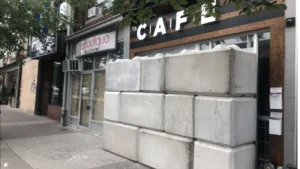
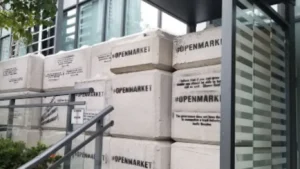

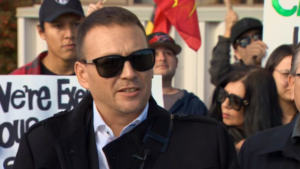

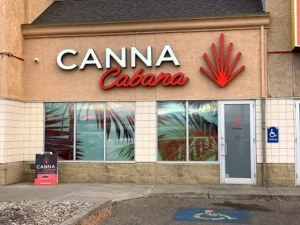

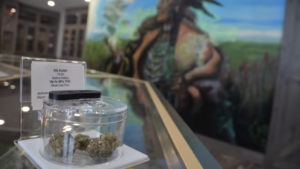


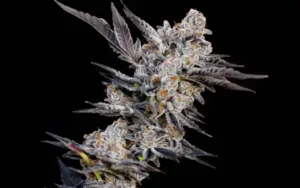
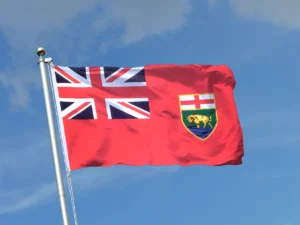
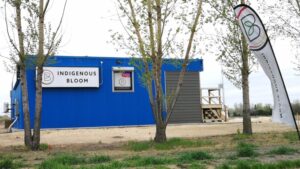
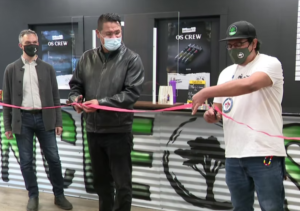
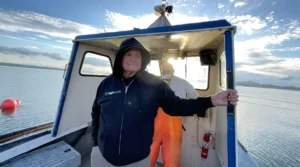
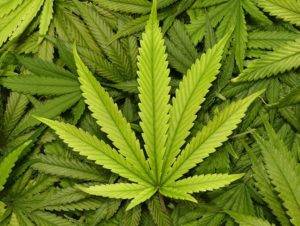
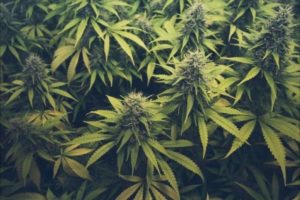
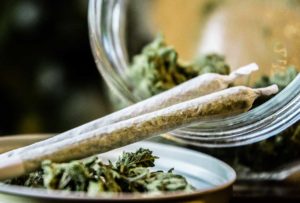
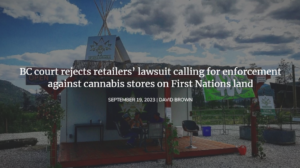

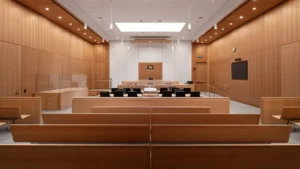
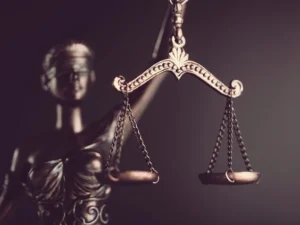
Comments are closed.